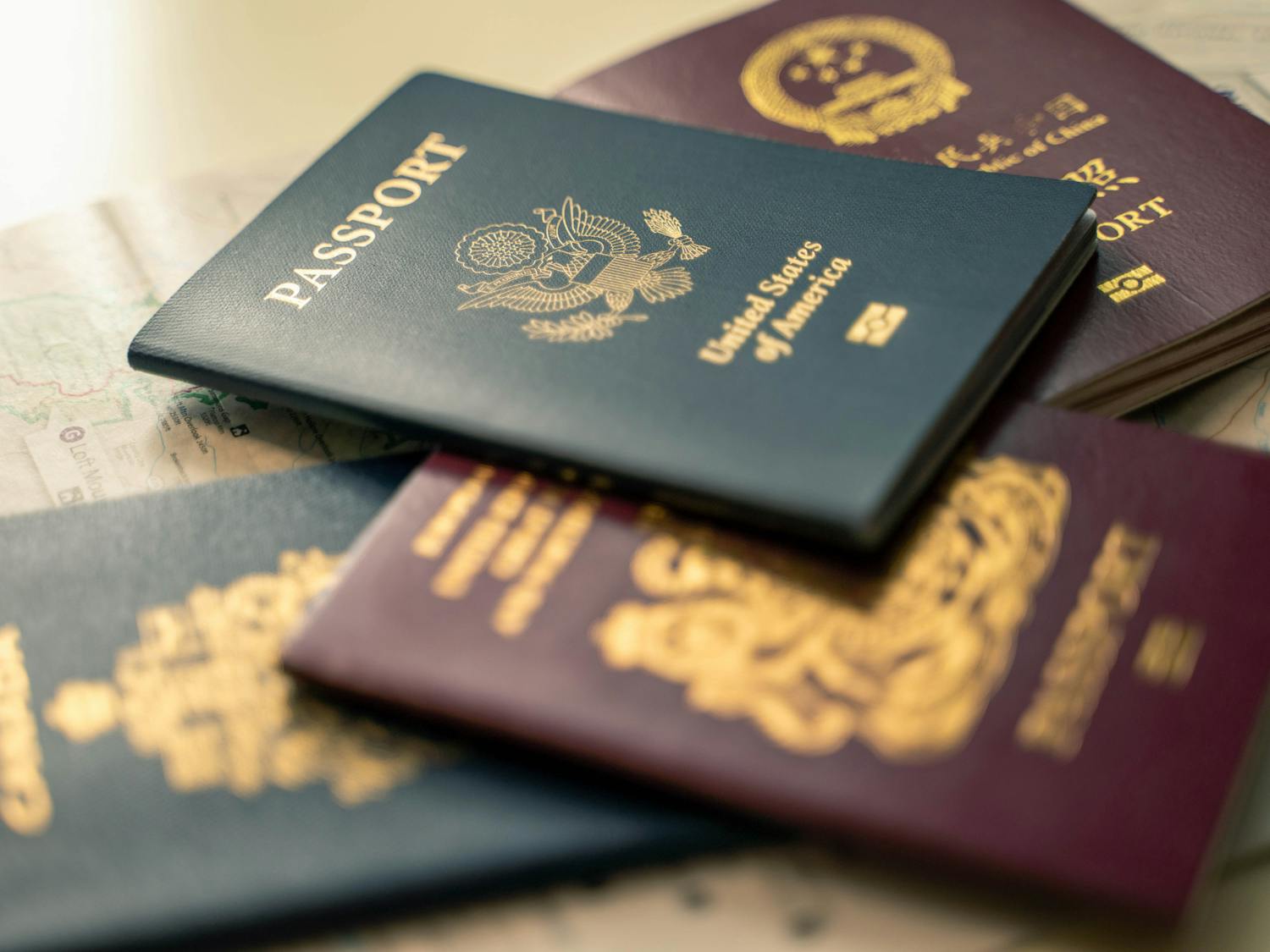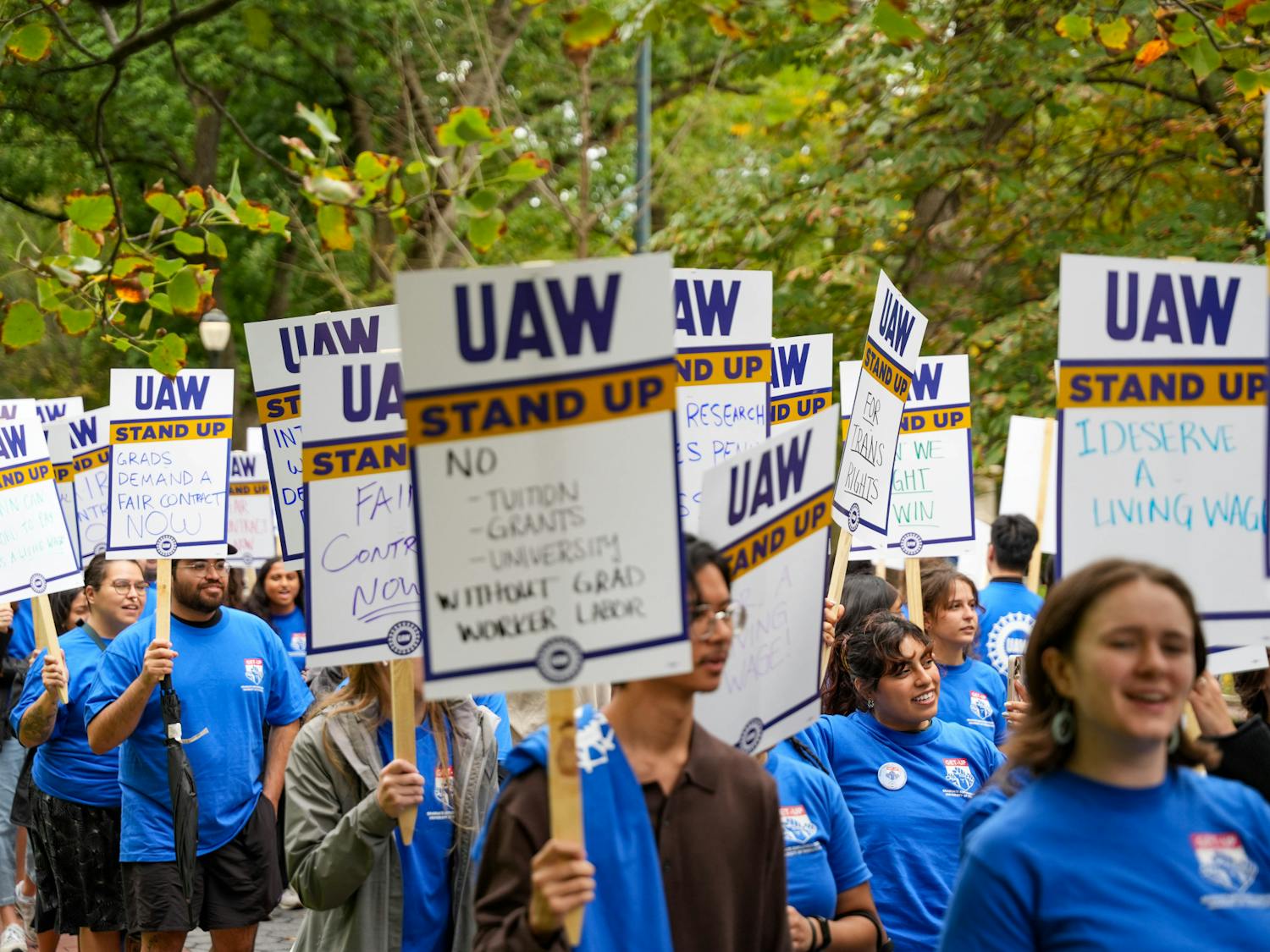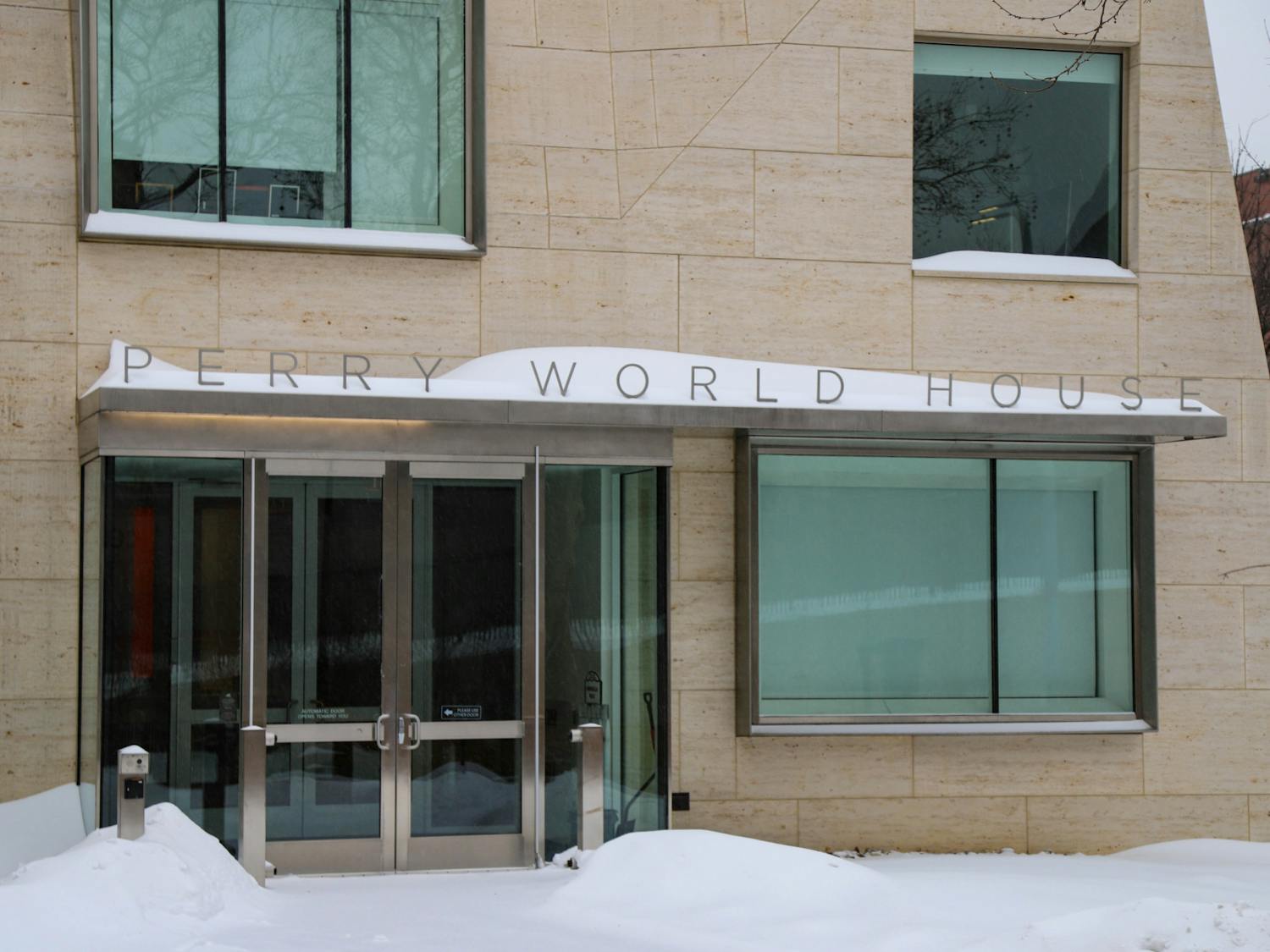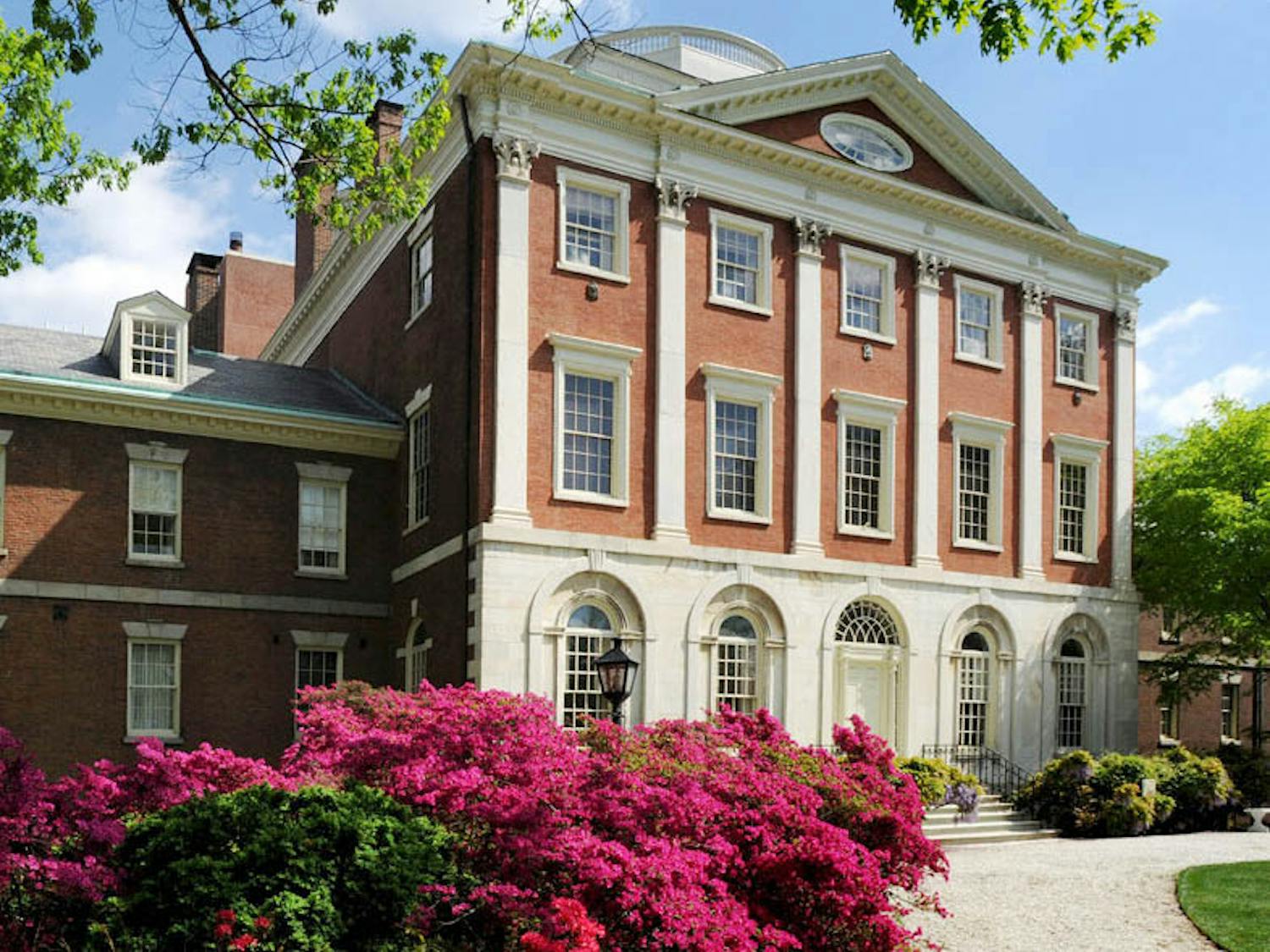Although the City of Philadelphia has only recently asked the University to pay taxes, universities across the country have been doing so for decades. And with 25 percent of the city's land classified as non-taxable property, Mayor Ed Rendell is looking toward non-profit organizations, including the University, to contribute to the tax base. Currently, the city is asking the University to pay about 30 percent of the real estate taxes it would owe if it were a for-profit institution, as part of a Payment in Lieu of Taxes/Services in Lieu of Taxes program. Although there has not yet been any agreement on the issue, the University and city are currently negotiating. "Like other charitable institutions within Philadelphia, we are talking with the city and we have not reached any conclusion at this point," said Stephen Golding, the University's vice president for finance. He added that the University has historically wanted to be a good citizen, but at the same time does not consider itself a taxable operation. "Penn believes it is a charitable institution and will do whatever it takes to maintain its charitable status," Golding added. In addition, the city has threatened to take the University and other non-profits to court if it refuses to comply with the city's wishes. "Litigation is the worst case scenario," Deputy Mayor for Policy and Planning Greg Rost said. "No one wants to see it ever get to that point." Rost added that cities like Pittsburgh have had to pursue litigation against non-profits, but said he "doesn't want to go down that path." The controversy, which could come to a head in the next few weeks, began last year when the mayor devised the PILOT/SILOT program. The city feels non-profits should pay for such municipal services as fire, police and street cleaning. "We think we have created a kinder and gentler program," Rost said. "We clearly have no intention of harming any of the city non-profits. They are tremendous community citizens." For the 1995 fiscal year the city is projecting contributions of money totaling approximately $8.4 million. About $3.78 million will go to the city and $4.62 million will go to the school district. According to Rost, 55 cents out of every dollar would go to the Philadelphia school district and the rest will go to into the city's general fund. The University is not alone in grappling with this issue. Other universities are also confronting the topic. Harvard University and the Massachusetts Institute of Technology were the first academic institutions in the country to use the PILOT program, beginning in 1928. According to MIT's Assistant for Government Relations Sara Gallop, MIT uses a formula based on the square footage of its tax-exempt property to calculate its payment to the city of Cambridge. Last year MIT had to pay $925,000, Gallop said. In addition, Gallop said MIT provides numerous services to the city, including community outreach, "heavy" involvement in public schools and other volunteering projects. Gallop said there has been no real opposition to the payment, but she added that the City of Boston and Harvard are currently debating the issue because the city wants universities to pay 25 percent of the tax rate. Other schools are also fighting tooth and nail to avoid PILOT payments. Cornell University and the City of Ithaca are currently embroiled in a battle over PILOTs. Ithaca Mayor Ben Nichols said that Cornell has a "moral" and "ethical" obligation to contribute money to Ithaca. He added that he wants Cornell to make payments on dormitories, fraternity houses and the campus store because they are non-academic places. "We have a rather marked difference in views with [Cornell]," Nichols said. "We strictly believe the health of the city depends on Cornell paying its fair share." Nichols' proposal includes asking Cornell for an additional $2.5 million in payments. He said that unlike the Philadelphia proposal, the plan does not threaten legal action against Cornell. But Cornell sees the situation very differently. Cornell Vice President for University Relations Henrick Dullea said that an increased financial burden would be very detrimental to the university. He added that Cornell has been giving voluntary payments to the fire department since 1967 and also to the school district and other municipalities. Dullea said an increase of 700 percent is "out of the question" and would cause numerous faculty lay-offs and would increase students' tuition rates. "We are under extraordinary pressures as a result of state reductions in funding," Dullea said. "One only has to walk downtown during a Cornell break to see the lack of people in restaurants and stores to get a vivid picture of the economic impact the institution has for this particular community." In Washington, D.C., universities have been the latest targets for the PILOT program. But the presidents of Georgetown University, George Washington University, Gallaudet University and Howard University have all spoken out publicly against the proposed payments. Horace Dawson, a spokesperson for Howard, said the school cannot afford the proposed $8 million payment. He added that the Howard likes to be a "good citizen" but simply can not bare the brunt of a tax. In response to the new taxes, Howard projected a $25 million budget deficit before the start of the 1994–95 academic year and laid off about 400 people in October. "We are really in no position to pay taxes," Dawson said.
The Daily Pennsylvanian is an independent, student-run newspaper. Please consider making a donation to support the coverage that shapes the University. Your generosity ensures a future of strong journalism at Penn.
Donate







